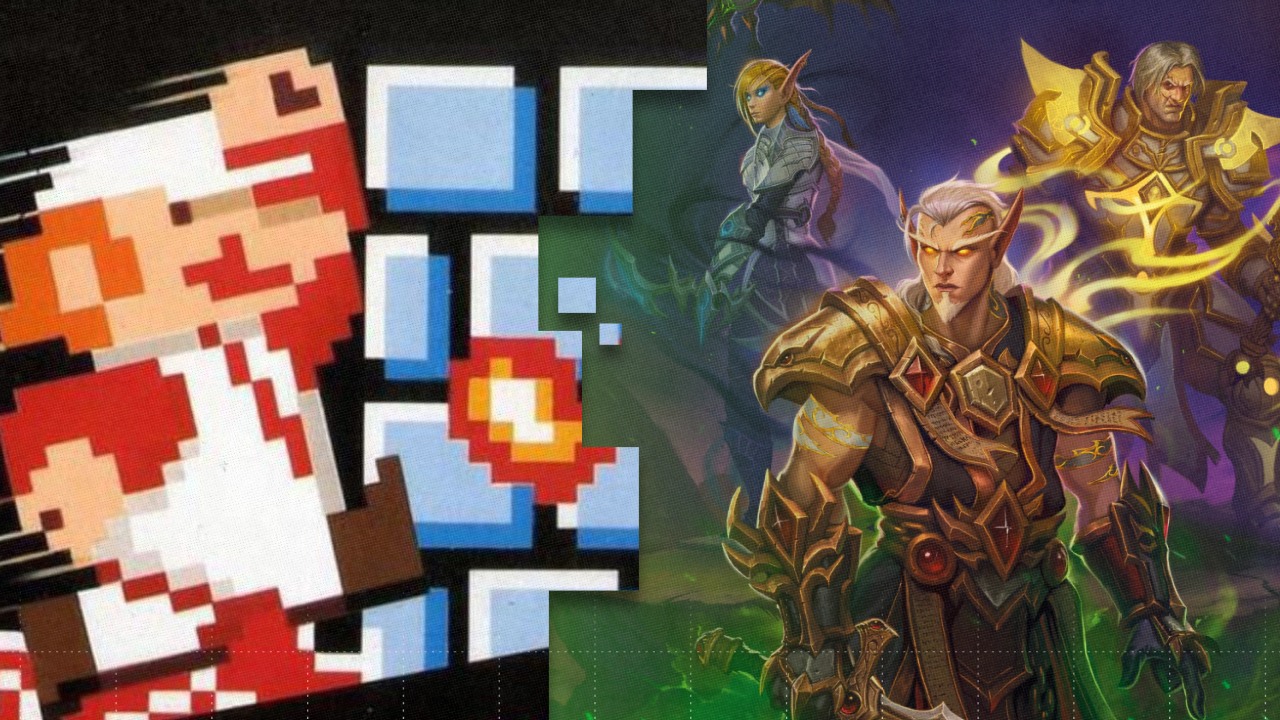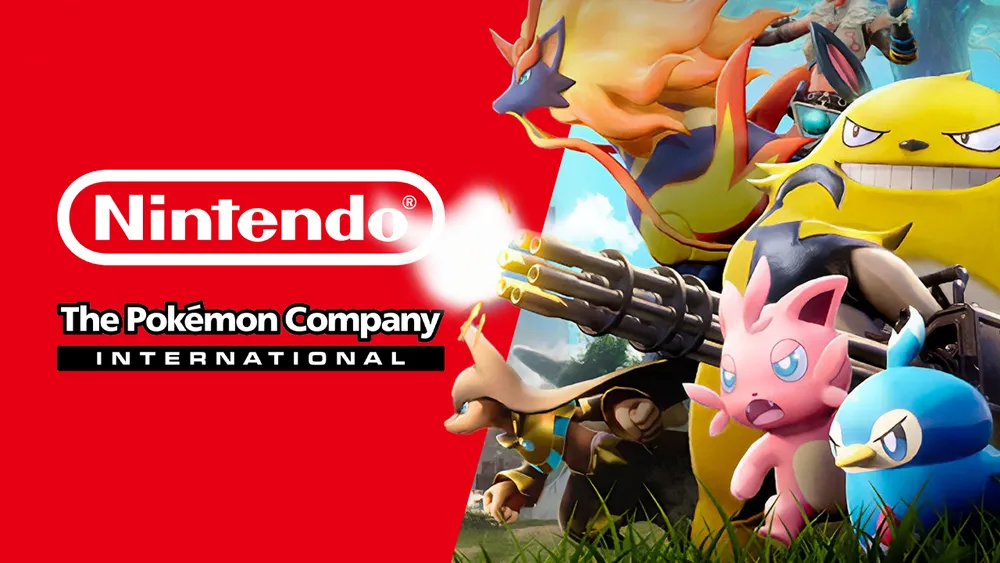There are numerous games that changed the industry and brought the quality of games and gaming to a higher level that, unfortunately, don’t get talked about, which is what we’ll be doing here today.
These revolutionary games, despite some of them being old games that are still worth playing, didn’t just break sales records—they rewrote the rules, redefined genres, and set new standards. Not only that, they also brought the gaming community together to witness grand events and releases that will forever be embedded in gaming history. We should really give these games the respect that they deserve.
Let’s take a closer look at some of the most revolutionary titles that transformed the gaming landscape forever.
Pong (1972) – The Spark That Lit the Fire
Before Pong, the idea of video games as entertainment barely existed. Developed by Atari and inspired by the Magnavox Odyssey’s table tennis, Pong was the first game to capture mainstream attention. With just two paddles and a bouncing square, it proved that people would pay to play digital games.
Arcades exploded in popularity, and the home console market would soon follow. Pong was a technological and cultural milestone—one of the earliest games that changed the industry.
Super Mario Bros. (1985) – Resurrecting Consoles
The North American gaming market was in crisis after the 1983 video game crash. Nintendo’s Super Mario Bros. single-handedly revitalized the console industry.
Directed by Shigeru Miyamoto, the game introduced tight platforming, secret areas, and precise physics that felt revolutionary. Mario’s journey through the Mushroom Kingdom wasn’t just a game—it was an adventure.
It set the gold standard for side-scrolling platformers and proved that video games could tell stories through level design. This wasn’t just a success—it was a resurrection.
Doom (1993) – The Birth of the FPS Era
Few titles have had as much influence on PC gaming as Doom. Created by id Software, Doom turned players into gun-wielding space marines in a blood-soaked, demon-infested hellscape.
But it wasn’t just the gore or speed that mattered—it was the technology. With 3D-like environments, networked multiplayer, and modding tools, Doom was the first real glimpse of what first-person shooters could be.
Every FPS from Call of Duty to Half-Life owes something to this genre-defining giant. It’s easily one of the games that changed the industry.
The Legend of Zelda: Ocarina of Time (1998) – 3D Adventure Perfected
When Nintendo transitioned Zelda to 3D, it could have failed spectacularly. Instead, The Legend of Zelda: Ocarina of Time became a masterclass in design.
With its Z-targeting system, seamless day-night cycles, and unforgettable dungeon puzzles, it showed the world how to translate 2D adventure into 3D space. Its atmospheric world, rich lore, and emotional storytelling elevated the medium, influencing action-adventure games for decades.
Many still consider it the greatest game ever made—and with good reason.
Half-Life (1998) – Storytelling Without Cutscenes
Valve’s Half-Life revolutionized the way stories were told in games. Instead of cutscenes, everything happened in real time.
Players experienced narrative events through the eyes of silent protagonist Gordon Freeman. The game kept control in the player’s hands, trusting them to witness, understand, and feel the story on their own.
Its physics engine and enemy AI were years ahead of their time. Half-Life didn’t just tell a story—it let you live it.
Grand Theft Auto III, (2001) - Redefining the Sandbox Format
Prior to Rockstar’s 2001 release of Grand Theft Auto III, open-world games were essentially large but empty hallways. Following this revelation, players were given a whole 3D metropolis to wreak havoc on.
Gamers everywhere were amazed by this newfound liberty. Players could steal automobiles, bully residents, and ignore tasks while staging personal action movie sequences in Liberty City, which was more than just a background.
World of Warcraft (2004) – MMO Culture Explodes
While other MMOs came before it, World of Warcraft became a cultural phenomenon. Blizzard crafted a living, breathing world full of quests, lore, and players from across the globe.
Its intuitive UI, accessible design, and massive updates kept players invested for years. WoW created online friendships, rivalries, and entire subcultures.
It made MMORPGs mainstream and proved that games could be worlds you never wanted to leave.
Minecraft (2011) – A New Sandbox for Creativity
At first glance, Minecraft looked too simple to succeed. But beneath the blocky exterior was a powerful tool for creativity. Created by Markus Persson (Notch), Minecraft gave players an open world with near-limitless potential.
Players could build cities, recreate famous landmarks, or just dig for diamonds. Its modding community flourished, and its educational applications were soon realized.
It wasn’t just a game—it was a platform. Among the games that changed the industry, few gave players this much agency.
Happy to Have These Games That Changed the Industry With Us Today
These titles weren’t just great—they were transformative. They introduced mechanics we now take for granted, created new genres, and set new standards for what games could be. The games that changed the industry continue to shape its future, reminding us how far we’ve come—and how much farther we can go.
But how about you? What game was, in your opinion, an absolute game-changer (pun intended) when you first played it? Leave us your thoughts in the comment section below.
Be sure to read our other feature articles to keep up with what’s hot and what’s not in the gaming world. In other news, we also shared about the huge Left 4 Dead 2 sale that Steam is having, so you might want to check that out. Stay tuned and catch the gaming current with GameEels!













